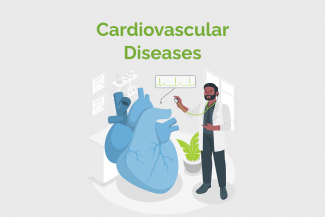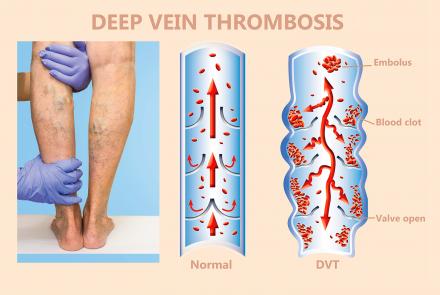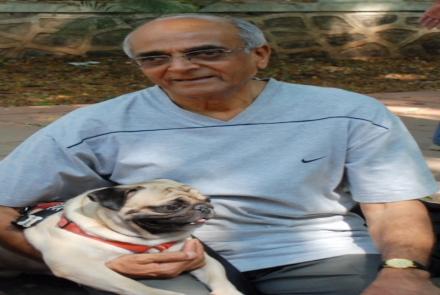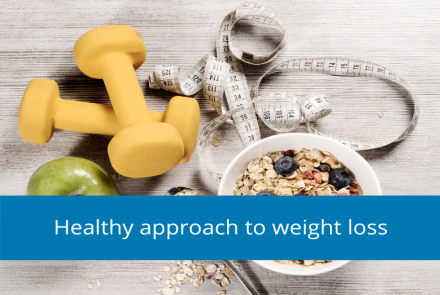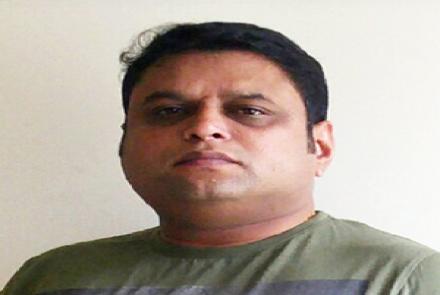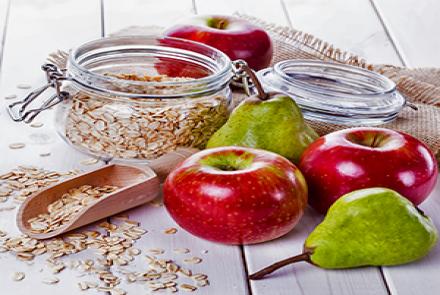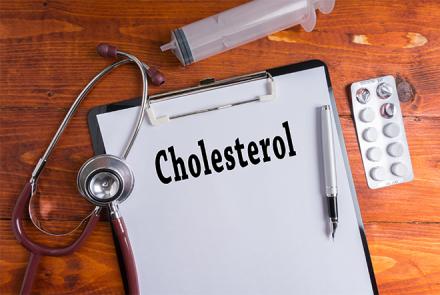Hypertension, High Cholesterol, Heart Disease, High Blood Pressure

Heart disease can be prevented if we control the risk factors associated with the disease.
- Quit smoking
- Maintain healthy weight
- Manage your blood pressure and diabetes
- Watch your diet
- Exercise regularly
- Manage stress
- Have regular check ups with your doctor
- Ask your doctor about taking aspirin (80-160mg once a day) for primary prevention
Changed
12/Sep/2017
Community
Condition

